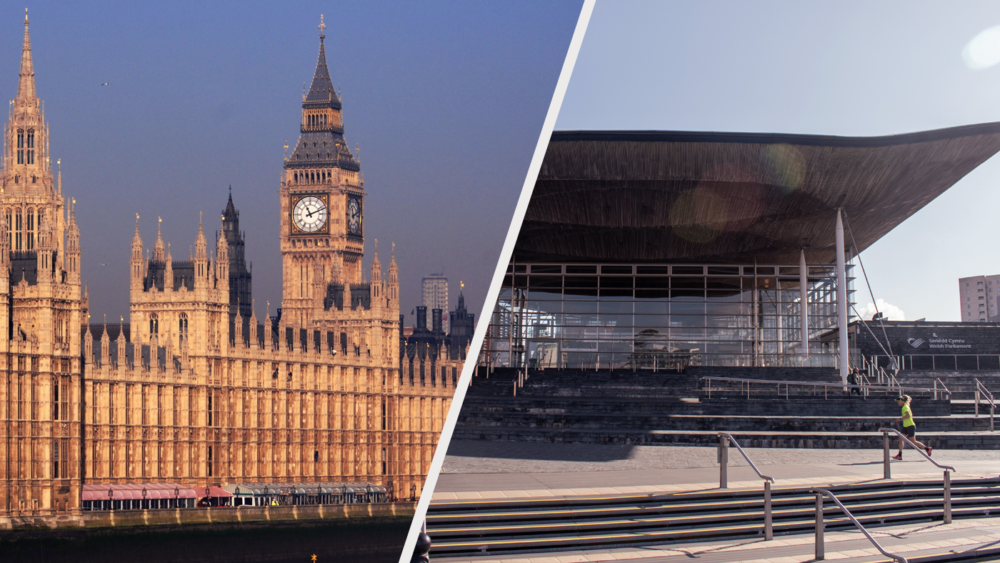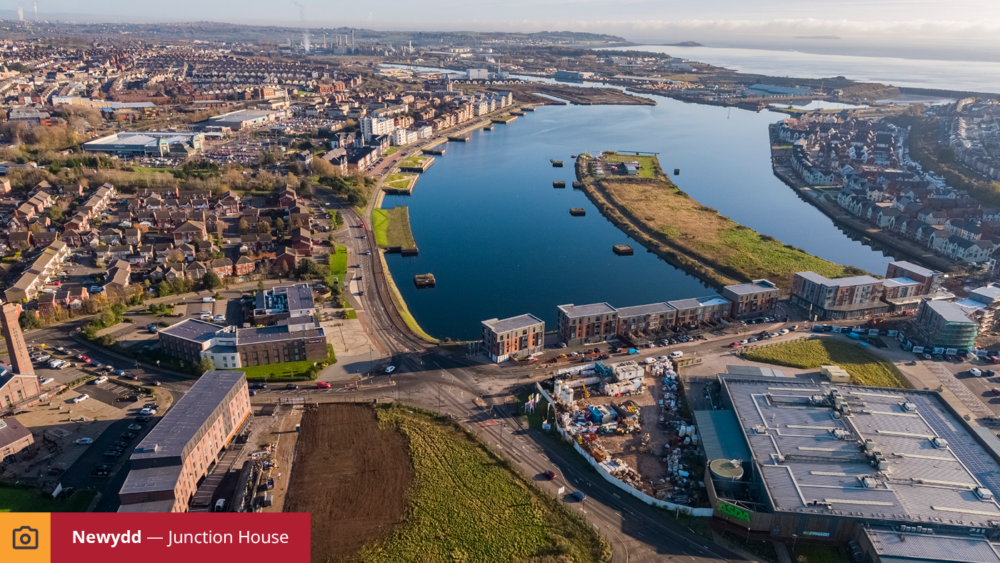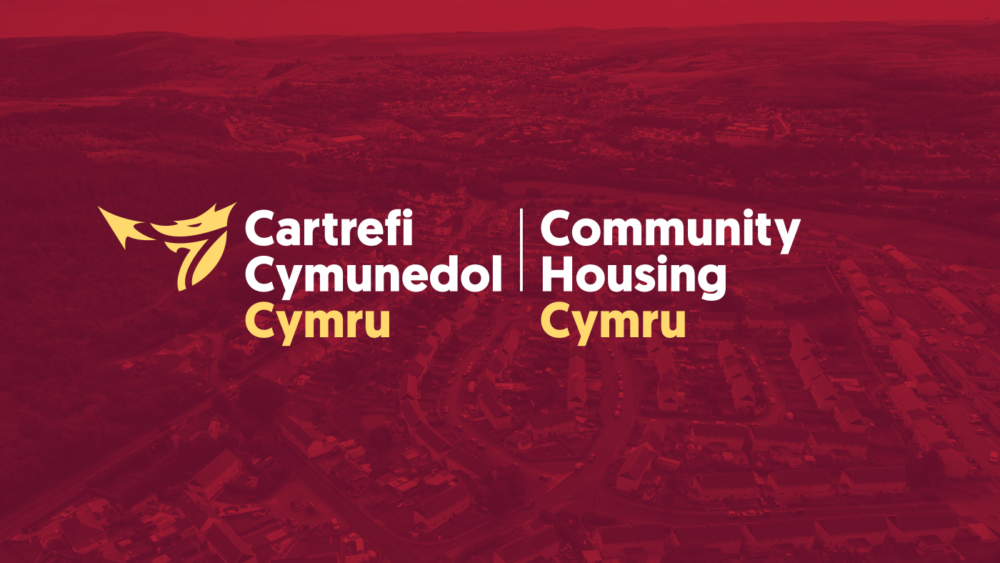General Election 2024: solving the twin dilemmas of net zero and fuel poverty

Across the UK, people are still struggling with the high costs of heating and energy. Despite regular news stories about bills improving, the reality is that the energy crisis has caused exceptionally high prices, and although they may be falling, they are still well above pre-crisis levels.
Furthermore, they are forecast to increase again in autumn 2024.
In Wales, the latest estimates from Welsh Government show that up to 45% (614,000) of households in Wales are living in fuel poverty. Furthermore, 8% (115,000) households are living in severe fuel poverty.
Fuel poverty is caused by a mix of high energy costs, low incomes, and poor energy efficiency. People who live in social housing are on some of the lowest incomes in the UK. In fact, social rented housing is the most common tenure for destitute households, the very deepest form of poverty.
Wales’s not for profit housing associations try to weather the storm of high energy costs for their approx. 300,000 tenants, supporting their residents when they face financial difficulty, and also by improving the quality of their homes. While this short term support for tenants, and improvement of homes for the future, is something that they will proudly continue to do, there are still some key ways the next UK Government can act to ensure that people are lifted out of fuel poverty, and homes meet net zero targets.
A social tariff for UK domestic energy consumers
We need to see the next government introduce an energy social tariff. This is a lower cost rate of gas and electricity, specifically designed to support those in greatest need. Having a tariff like this would protect low-income households, enabling them to afford to heat their homes consistently.
To address the urgent issue of fuel poverty, discounted and targeted support should be made automatically available for those in need. The tariff should apply to all domestic consumers who are struggling with the cost of living and who are having to choose between heating and eating. Importantly, that support should be extended to those who receive certain means-tested benefits; energy consumers who live off the gas grid - in recognition of the higher costs of rural living and their reliance on electricity and unregulated fuels; and those who require enhanced heating regimes as a result of medical conditions.
Social housing tenants also need further support with repaying energy debt. Community Housing Cymru supports the Help to Repay proposal led by the Money Advice Trust and a coalition of charities including National Energy Action (NEA) Cymru, calling for UK Government to introduce a temporary scheme for people struggling with energy debt.
Decarbonising social homes
In order to truly tackle the blight of fuel poverty an energy social tariff needs to be coupled with improving the energy efficiency of homes. This is also important because it means that homes will emit less carbon, which in turn will support tackling climate change.
Housing associations have already begun retrofitting their existing homes and building new homes to low energy efficiency standards, and the Welsh Housing Quality Standard requires all social landlords to reach EPC C by 2030 with a subsequent target to reach EPC A.
However, due to housing associations in Wales being not for profit organisations, they have limited resources they can dedicate to tackling both poverty and energy inefficiency at the same time.
We know that the cost of decarbonisation is astronomical. To retrofit a home to high energy efficiency standards, estimates range from £30,000 to £60,000. These are costs that housing associations cannot meet alone - support from UK government is crucial. This financial support will allow energy bills to be reduced, making homes warmer more affordably; carbon emissions to lessen helping to tackle the climate emergency, and jobs to be created which will boost the economy. The UK Government must see this financial support as an investment which will benefit tenants and communities now and into the future.
Finally, the last commitment we need to see from the next government is support for the whole sector to achieve its net zero goals. This would include enhancing the development of green skills and utilising the Shared Prosperity Fund to accelerate investment in decarbonisation projects.








